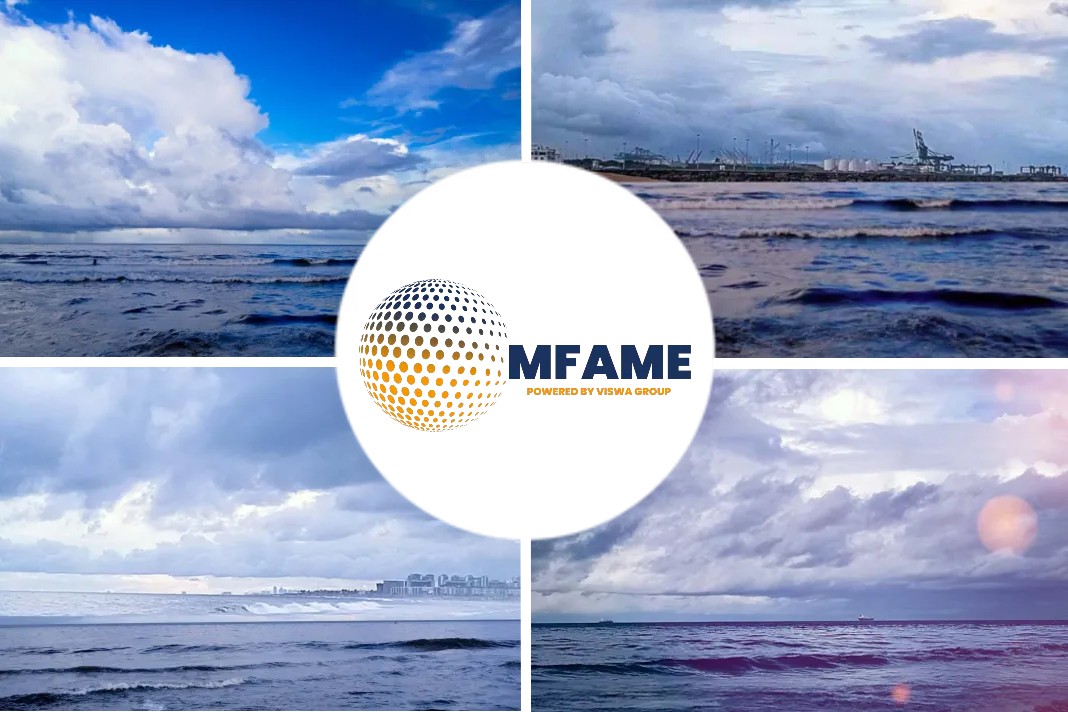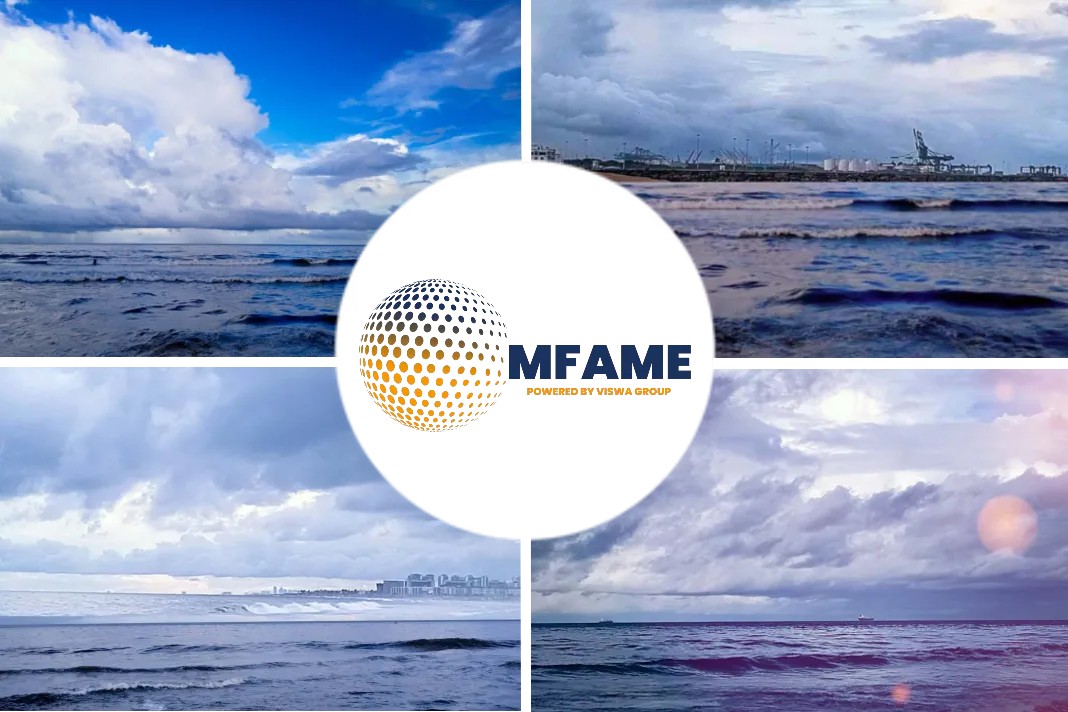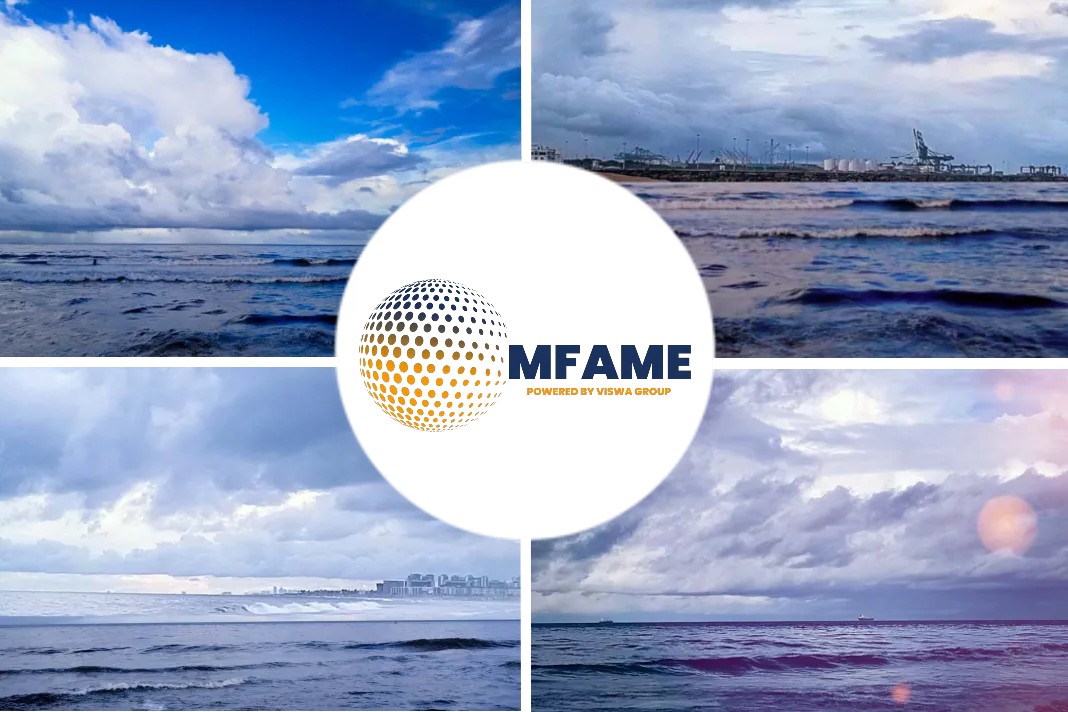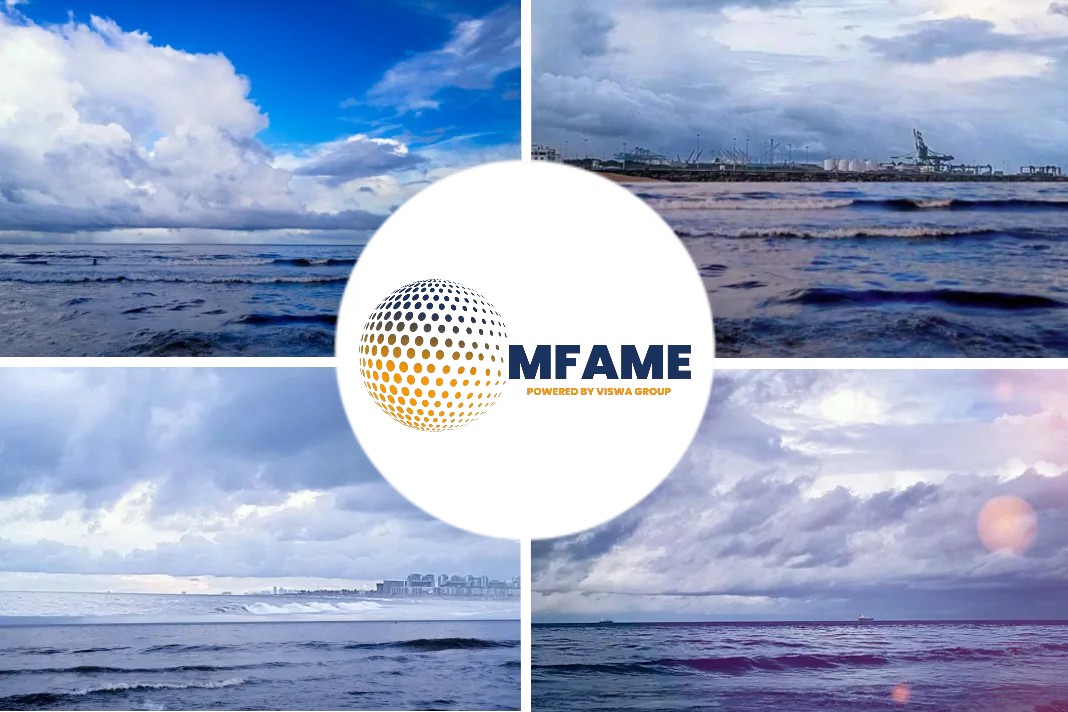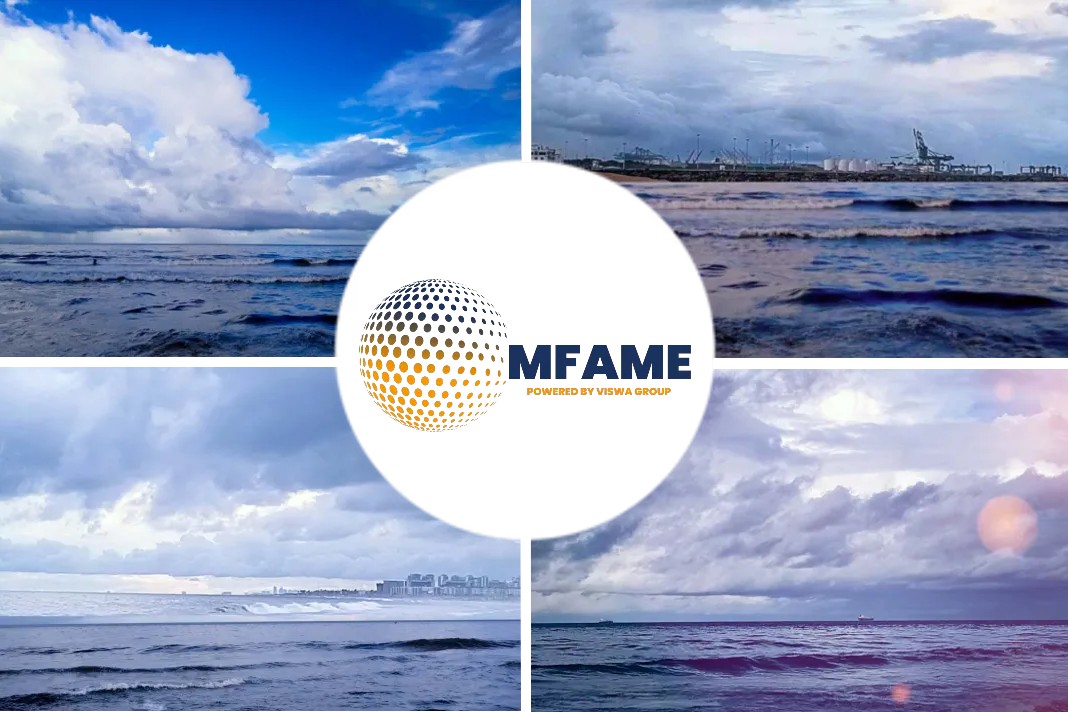The seafarers lead a difficult and lonely life. Working at hours length in the vast sea, far away from their friends and family for months at large. However, there are ways to make life enjoyable even in this dire state. Douglas Todd has recently written an article about this in the Vancouver Sun and we are highlighting that report.
“There are three types of people. The living. The dead. And those who are at sea.” — Cicero, Roman philosopher, 45 BCE
For most residents of Metro Vancouver, the freighters that anchor in the grey-green waters of English Bay or dock behind high fences on the Vancouver waterfront and the Fraser River are just distant marks on the scenery.
The Lonely Life at Sea
“We never meet the people, far from home, who work the massive freighters, many of which stretch longer than three soccer fields. The burnt orange and black ships mostly end up in photos as a fleeting curiosity, their bulky shapes evocative against the mountain backdrop.”
“We also know little about the shipping industry. Ninety percent of everything we consume comes by ship, say specialists. In this age of terrorism, pirates, and smuggling, security around the giant vessels has become tight”, they say.
Sometimes seafarers never get the chance to set foot on the soil of Canada or other nations. They live in a kind of limbo.
Christmas Time for the Seafarers
But in recent years, on an invariably frigid day on the sea just before Christmas, the barrier between the sailors and the people of Metro Vancouver breaks down a little. A pilot boat carrying 500 colorful parcels of gifts pushes out onto Burrard Inlet and English Bay, with the boat’s inhabitant routinely calling up to crew members above: “How many on board?”
A few seafarers act suspicious. But most are curious, particularly if the captain has been radioed ahead and told the “Christmas at Sea” boat is on its way. Amid laughs and good cheer the gifts are hauled in large clear plastic bags up the long, shaky gangways of almost 25 anchored freighters. Each gift package is filled with toques, gloves, sweaters and scarves — many hand-knitted by local churchgoers. And that’s not to mention the toothpaste, candy and chocolate.
Metro Vancouver has the largest port in Canada. At any moment about 50 bulk carriers, container ships and tankers are anchored in our harbour or berthed at our terminals. More than 3,200 foreign vessels arrive in Metro Vancouver terminals each year. Most are connecting to China, followed by Japan, Korea, the U.S. and India. They carry coal, grain, automobiles, oil and mountainous 20-storey stacks of metal containers, packed with who knows what. Often even ship captains don’t really know what the containers contain.
Who are the seafarers?
The organizers of Christmas at Sea know an average of 23 crew members works on each freighter.
“They experience a lot of isolation and loneliness. And of course it’s only heightened at Christmas,” says Anglican Rev. Peter Smyth, who was ordained in Northern Ireland and now works out of the Seafarers Centre heritage building at the north end of Main Street.
The sailors are almost all men. Some come from countries like Ukraine, Egypt, and Russia. But the biggest groups are of people earning money to provide for distant loved ones in India, China and especially the Philippines.
“They don’t have the normal routine of life, which is to go to work and then go home to their families. They live in their own little worlds. And whenever they’re anchored in English Bay, that sense of isolation is heightened,” Smyth said.
“One seafarer described it as like living in a goldfish bowl. They’re looking out, but the world’s not looking back.”
Rev. Dileep Athaide, a former geography professor, said, “There is often a certain sadness on the ships that’s associated with Christmas, depending on the morale on the ship itself.”
Metro chaplains hand out presents, Athaide said, “because we want to give the seafarers some sense that, even though they’re away from home, there are still people who care for them.”
What does Christmas mean here?
The chaplains don’t think about whether the sailors are Christians, Muslims, Hindus, Buddhists, agnostics or atheists. “Christmas may mean nothing to many of them,” said Smyth, who notes that, in addition to the 500 packages that three chaplains deliver on a Tymac pilot boat to ships at anchor, they also provide another 1,000 Christmas gifts to crew on freighters docked at Metro’s 28 cargo terminals.
Unaccustomed Happiness
Most seafarers, even the Chinese crew who last year was awakened from their sleep by the gift boat’s arrival, “end up really, really happy to see us. They want to share some of their food. And they usually open the presents right away,” said Randy Murray, of the Anglican diocese of New Westminster.
Athaide acknowledges most crews from Russia and Ukraine are not interested in Christmas. But the world-weary resistance of a minority does little to crush the enthusiasm of the majority. And it is the Filipinos, most of whom are Christians, who are the most likely to revel in the gesture of goodwill, said Athaide. That’s why the frigid waters of English Bay often echo just before Dec. 25 with the gift-bearers shouting up to crew members, “Maligayang Pasko!” which is Tagalog for “Merry Christmas.”
A million seafarers work a dangerous trade
There are more than one million seafarers. They work on roughly 60,000 freighters, which often sail under “flags of convenience” from countries with low labor and safety standards.
Each week, two commercial ships are lost at sea, but the public rarely hears about them. They either sink or are abandoned in typhoons, fires or collisions, especially in the South Pacific. Many of the vessels, which normally run on “dirty” bunker oil, are poorly maintained.
Commercial seafaring is considered the second-most dangerous occupation in the world. Each year, 2,000 seafarers lose their lives, according to the International Transport Workers Federation. And that’s not to mention the danger posed by pirates, who are plentiful in the Indian Ocean and the South China Sea.
How dangerous is the job?
“We are invited to remember the 1.2 million seafarers from all nations, professing different faiths, forced to live for several months in the confined space of a vessel,” Roman Catholic Cardinal Peter Turkson said this year on July 8, known as Sea Sunday, which was marked in Metro Vancouver.
“(They are) away from their families and loved ones, missing the most important and meaningful events in their families, such as birthdays and graduations, and failing to be present during times of trials and difficulties, such as sickness and death,” said Turkson, who is from Ghana.
“We would like to express our gratitude for their tough work full of sacrifices.”
Seafarers choose their isolated life for the people back home, knowing they will struggle with the longing and long-distance worry.
Makeshift Church Service
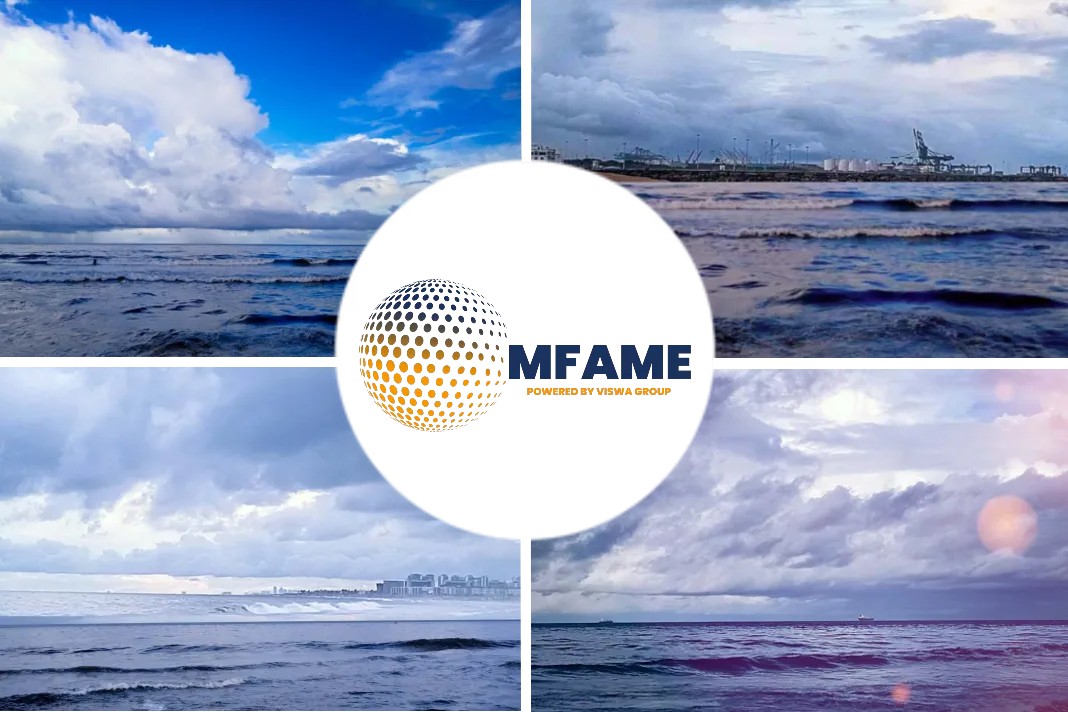 The former manager of the Vancouver waterfront’s Seafarers Centre, Kathryn Murray, remembers a sailor who came in one afternoon, sat down and quietly got online on his laptop. He then took off his thick oilskin workers’ garment. Underneath he was wearing pants, white shirt and dress tie.
The former manager of the Vancouver waterfront’s Seafarers Centre, Kathryn Murray, remembers a sailor who came in one afternoon, sat down and quietly got online on his laptop. He then took off his thick oilskin workers’ garment. Underneath he was wearing pants, white shirt and dress tie.
“I heard him sobbing, and ran over,” Murray said. “He pointed to his computer. There, on Skype, they were lowering his mother’s casket into the ground. I stayed with him, attending his mother’s funeral.”
While many seafarers simply appreciate the chance to get onto free Wi-Fi at the two missions for seafarers in Metro Vancouver’s port, Athaide said some, when they get a sympathetic ear, also seek spiritual support. (English is widely considered “the language of the sea.”)
In just the last month, Athaide has listened to the stories of three sailors on different ships who had children born after they left home, whom they have never seen. Roughly twice a month, Athaide will perform a Catholic mass on a ship at the request of the master or crew.
The city’s three main port chaplains, Athaide, Smyth and Christian Reformed Pastor Gary Roosma, are also regularly called upon to bless ships and crews. That’s especially after something bad occurs on board, including deaths.
But most times Metro’s three chaplains simply hang out with seafarers, ask questions and listen to stories about their families and their lonely, exhausting life on the high seas.
The Seafarers Hangout Areas
They tend not to have regular haunts, such as restaurants or bars. Their ships dock in high-security zones on the waterfronts of Vancouver, North Vancouver and the Fraser River, near New Westminster. The city’s beckoning amenities are often too far away to walk to and taxis are too pricey.
They don’t get off their ships much, because they’re usually on split work shifts. The Port of Vancouver, which oversees the transfer of $200 billion a year in goods, would not directly help Postmedia meet seafarers, although a public relations person provided port statistics.
Earlier this year I discovered, however, I could meet seafarers at the Roberts Bank Superport, in sight of the Tsawwassen ferry terminal. You get there by driving along a causeway through Indigenous land and passing through two intimidating security gates.
Athaide, 68, helped me make connections. After his wife died 14 years ago and he semi-retired from teaching geography at Capilano University, he trained to become a deacon. It led, unexpectedly, to becoming a chaplain to seafarers, offering a listening ear and practical help. (Twice a week he distributes donated Cobs baked goods.)
The Roberts Bank Welcome Centre, run by the Anglican, Catholic and Christian Reformed churches, is a rough-and-ready place, but it gets a lot of use. Some evenings, the canteen is packed with sailors playing pool, grabbing a coffee, buying snacks and, since captains restrict ship time on the internet, using the free Wi-Fi.
The canteen is an easy walk for the scores of seafarers who man the five massive freighters docked at any one time at Deltaport and Westshore Terminals, which cover more than 80 hectares (equivalent to the size of Burnaby’s Central Park).
The Super port is dominated by roaring transport trucks, mountains of coal, 30-storey cranes and endless rows of stacked cargo containers. Towering water sprinklers keep down the black metallurgical-coal dust, which sticks to everything.
The canteen is virtually the only social place for seafarers. When I was there, seafarers were talking to staff about sending remittances back home. Others sat around on the rustic furniture. One shore worker came in covered head to foot in coal dust.
Time on the Ship
Seafarers are increasingly not allowed off their ships or out of port security zones. Athaide tells a story about a Turkish crew docked in Burrard Inlet who couldn’t get off because one of them had jumped ship and sought asylum. Most seafarers said they grow used to being stuck on board. Granted, they’re unlikely to tell a reporter something that might lead to being fired.
Every seafarer in Metro Vancouver’s ports that I met said they chose their vocation to be better providers for their wives, children and relatives at home.
They work on contracts, which put them at sea anywhere from three to nine months at a time. Some said they earn almost 10 times as much as seafarers than they could in their homeland. Their tasks range from operating the engines to painting their ship to protect it from corrosive ocean salt.
Athaide and I met Nesron as he stood watch over his giant coal ship. The freighter’s engine was roaring, preparing to depart at midnight for Korea. Nesron said his youngest son died six days after he had put out from Indonesia. That was months ago.
Nesron had another two months on board before he could return to Indonesia to grieve with his wife.
Filipino seafarer Nick Cugay, an engineer, said he likes “sailing around the world for free.” But he does it entirely for his young family.
“There’s no choice,” he said. “And if there’s some bad weather, it’s scary. If there’s a typhoon, I go to my cabin and pray.”
Several talked about intense storms, which make it impossible to sleep for days on end. Ukrainian Dima Viostikov, an able seaman, said his contract was seven months long. But he only had half a day in Vancouver. “It’s very fast.”
Even though friends told him Vancouver is a “very beautiful city,” he wasn’t going to see it — and that was fine by him. He has no interest in immigrating to Canada. “It’s always best to go home. Home is home.”
Lunch with a Seafarer
We had lunch with the crew of a German-owned Hapag-Lloyd container ship, after Athaide and his assistant, Megan Apperloo, and I walked forever along the tarmac and up the 81-step gangway. The ship was 360 metres long and held 13,500 containers.
When we sat down for a mackerel lunch with a mix of Filipino and German-Polish crew, Athaide said the Hapag-Lloyd cafeteria was cleaner and more attractive than most. The crew were fortunate, he said, to have a good captain.
The seafarers said they often watch videos and play foosball.
“And sometimes we drink,” Cugay added, although most ships restrict on-board drinking to two beer a day. Filipinos also spend a fair amount of time at karaoke. Said Cugay: “The Europeans like to hear our singing.”
When Filipino Aldrin Callagon was granted eight hours of shore leave to see relatives in New Westminster, Athaide helped arrange for his family to pick him up. The family spent most of their time with their seafaring relative at a Walmart, where, as is the custom of sailors, he bought things to take to his family back home.
‘They were quite incredulous’
Helping Out the Seafarers
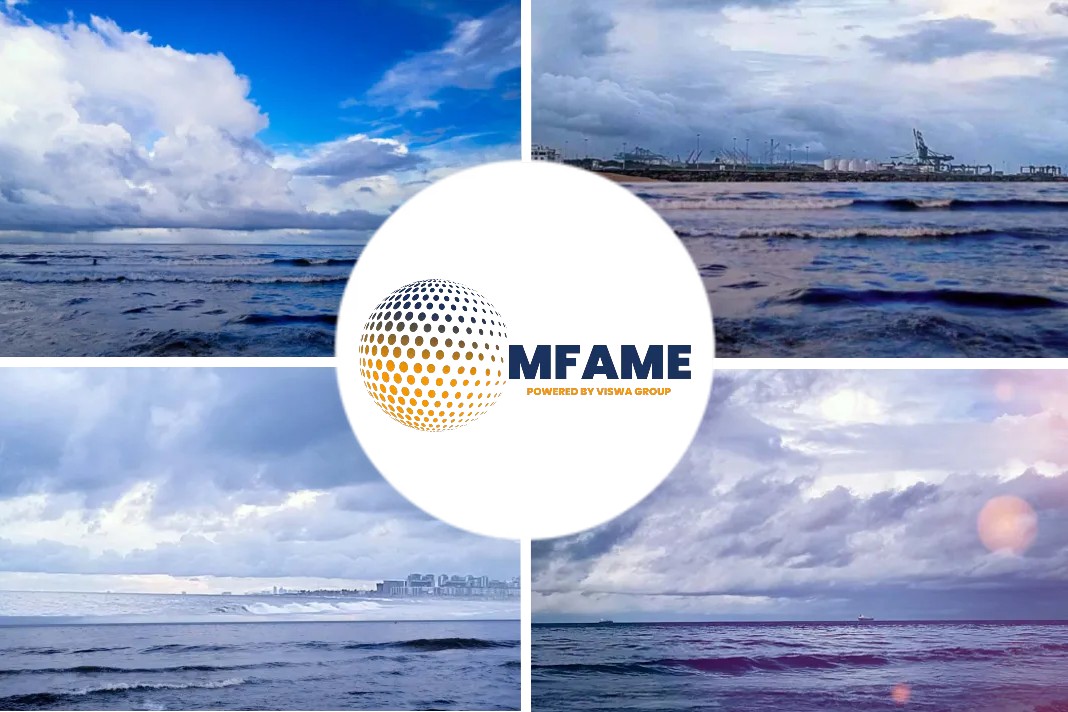 Sometimes helping out seafarers is as banal as driving them to the nearest shopping mall. Other times some appreciate prayers and blessings, or gifts. “What we do,” Athaide said, “ends up being a great intertwining of caring for their temporal needs and their spiritual needs.”
Sometimes helping out seafarers is as banal as driving them to the nearest shopping mall. Other times some appreciate prayers and blessings, or gifts. “What we do,” Athaide said, “ends up being a great intertwining of caring for their temporal needs and their spiritual needs.”
Especially at Christmastime, Smyth feels his work echoes the Bible passage in Matthew in which Jesus begins a parable by saying, “For I was hungry and you gave me something to eat. … I was a stranger and you invited me in.”
I picked up the impression that most seafarers, regardless of their beliefs, quietly value the presence of the chaplains, often in unforeseen moments.
Athaide told a story of Chinese sailors who initially told the Christmas at Sea boat to go away. The crew wouldn’t lower their gangway, so gifts could be transferred up to them, saying, “No, no. We don’t want that!”
But, Athaide said, the Chinese crew “eventually realized we weren’t selling them anything; that what we were offering was free. They were quite incredulous. And so we were soon carrying this great big bag full of presents up their gangway, like a Santa Claus.”
Did you subscribe for our daily newsletter?
It’s Free! Click here to Subscribe!
Source: Vancouver Sun






